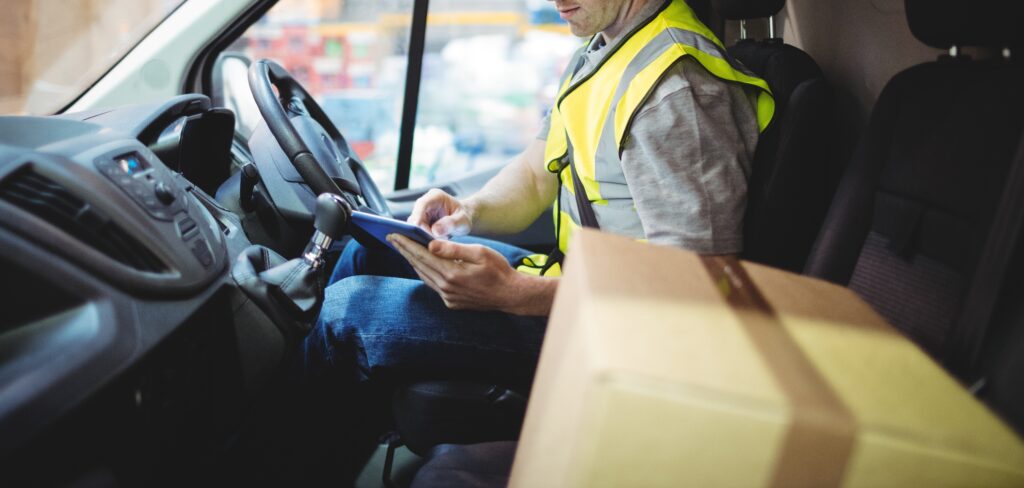Singapore launched Technical Reference (TR) 105 – a new standard for last-mile delivery of parcels – at the country’s Transport and Logistics Industry Day on October 31, 2022.
TR 105 guidelines for last-mile delivery of parcels help e-commerce players and logistics service providers (LSPs) standardize processes and practices to improve the workflow and experience of last-mile deliveries (LMDs). Appointed by Singaporean technical references developer the Singapore Standards Council (SSC), the TR 105 working group includes SME statutory board Enterprise Singapore (EnterpriseSG) and Singapore Post (SingPost) alongside a range of industry stakeholders including logistics partners, e-commerce players, retail associations and academics.
Targeted at e-commerce merchants, marketplaces and sellers, as well as LMD service providers, TR 105 provides guidance in areas such as packaging, labeling, data collection and transmission, communication content and operational practices. The standard aims to establish industry-wide consistency in LMD services for the benefit of consumers and retailers.
TR 105 aims to improve the end consumer’s experience by increasing the productivity of LMDs by standardizing packaging and labeling guidelines to reduce delivery failure rates and optimize storage and delivery schedules. It is also expected to enable data exchange and harmonization across marketplaces, sellers and LSP platforms to safeguard data and reduce delivery failure frequency for end consumers. Alongside this, TR 105 aligns data sets between marketplaces and LSP platforms and standardizes information conveyed to end consumers. This ensures end consumers can track the status of their parcels and communicate with LMD stakeholders at critical touchpoints. Finally, the TR has been designed to improve the operational processes and practices in LMDs through guidelines on delivery logistics, instructions and authorization across key modes of delivery to facilitate more efficient and punctual contactless deliveries.
The standard has been introduced in response to the accelerated growth in e-commerce activities, platforms, payment services and last-mile service providers during the Covid-19 pandemic. In particular, it addresses challenges like data protection, the condition of physical items delivered, the turnaround time for LSPs and standardized communication between merchants and end consumers.
Neo Su Yin, Singapore CEO of SingPost, said, “We have seen a fundamental shift in how retailers and customers respectively sell and shop since the onset of Covid-19, giving the e-commerce industry a big boost. While the world today settles into the new normal, one thing for sure is that purchasing habits have shifted for good and e-commerce will continue to be a significant part of our lives and businesses. Along with it, we have also seen some challenges associated with this growth, and it is heartening to see the industry coming together to develop this standard, which will elevate the experience for customers and merchants alike.”
Venkat Shankar, head of logistics at Lazada Singapore, added, “Shipping and delivery play a crucial role in e-commerce, and can make or break the online shopping experience. Every little step taken to improve the buyer’s experience, from providing timely updates to shortening delivery time to offering more delivery options suited to both buyer and seller, adds up to the experience. Lazada is a trusted e-commerce platform and has served millions of customers in Singapore over the past 10 years and we are constantly working to set new benchmarks for buyer experience. We are glad to be part of the working group to provide insights to improve the standards of logistics in Singapore.”
Choy Sauw Kook, director general of quality and excellence at EnterpriseSG, commented, “TR 105 is part of a series of standards developed by SSC to further optimize operational efficiency and increase the service delivery in the logistics industry. We encourage the relevant industry stakeholders to adopt this new standard to standardize processes and practices and improve the operations and customer service for last-mile deliveries. We would like to thank the working group for contributing their resources and expertise to develop this standard.”


